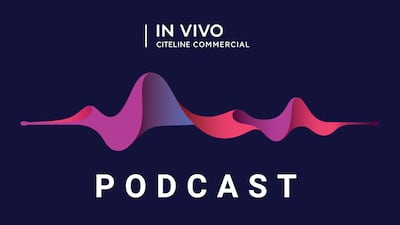Excitement over the potentially broad health benefits of glucagon-like peptide 1 (GLP-1) agonists and other new mechanisms for obesity and cardiovascular/metabolic conditions is spreading across the sector. The topic dominated the third quarter conference calls of the two market leaders in the therapeutic area, Novo Nordisk A/S and Eli Lilly and Company, but obesity was also a hot topic of discussion during investor calls by Pfizer Inc., Amgen, Inc. and AstraZeneca PLC, companies that are all vying to get into the lucrative market.
Altogether, it was a relatively quiet third quarter sales and earnings period for the top pharmaceutical manufacturers with no surprise...







